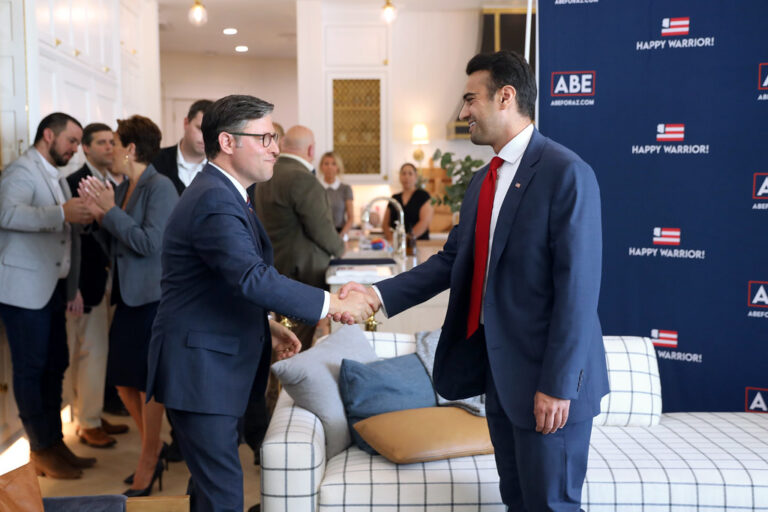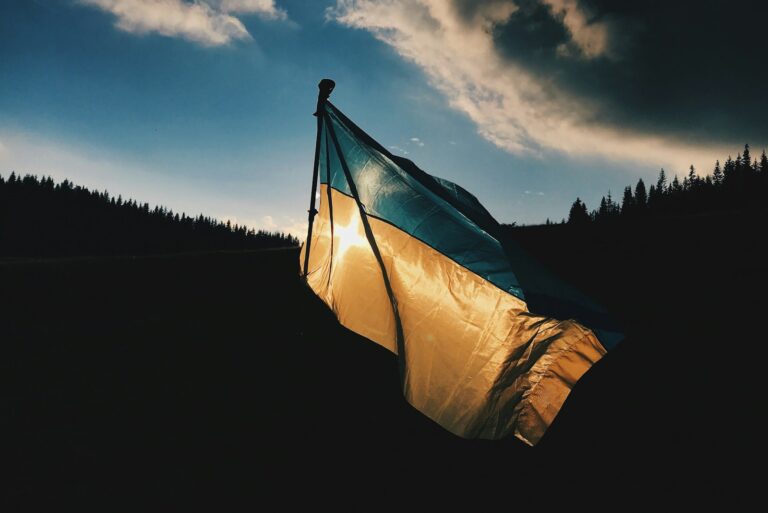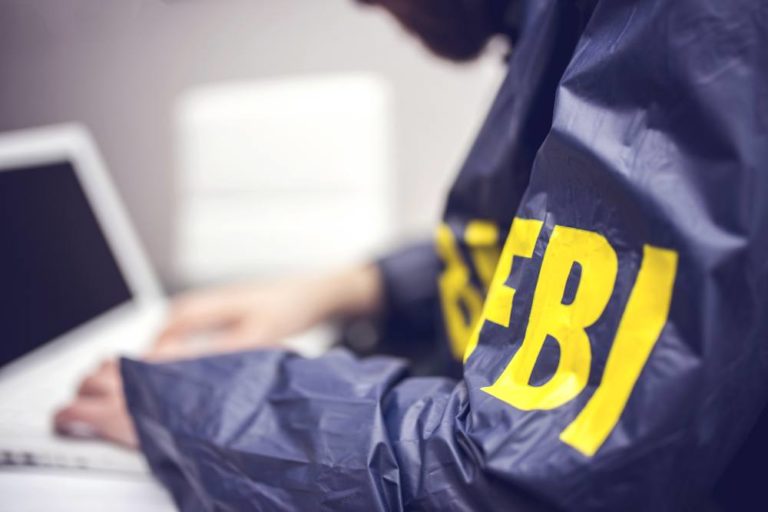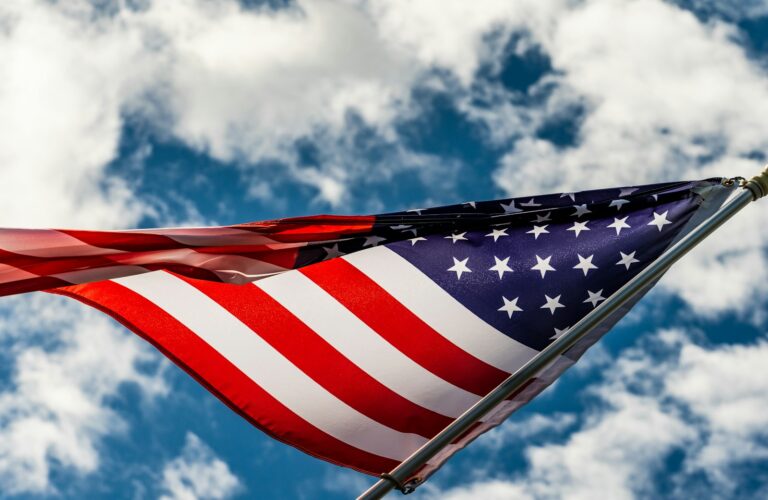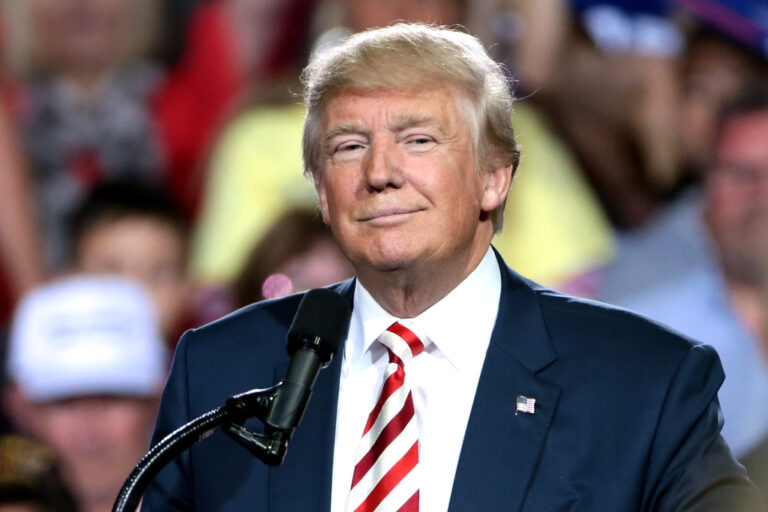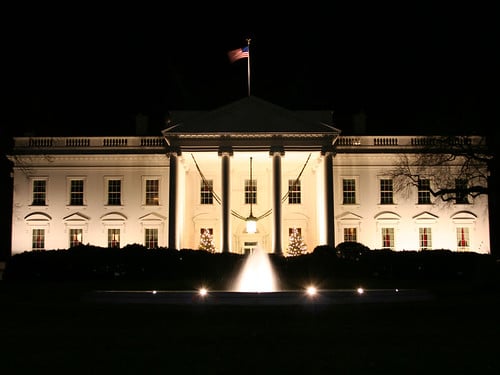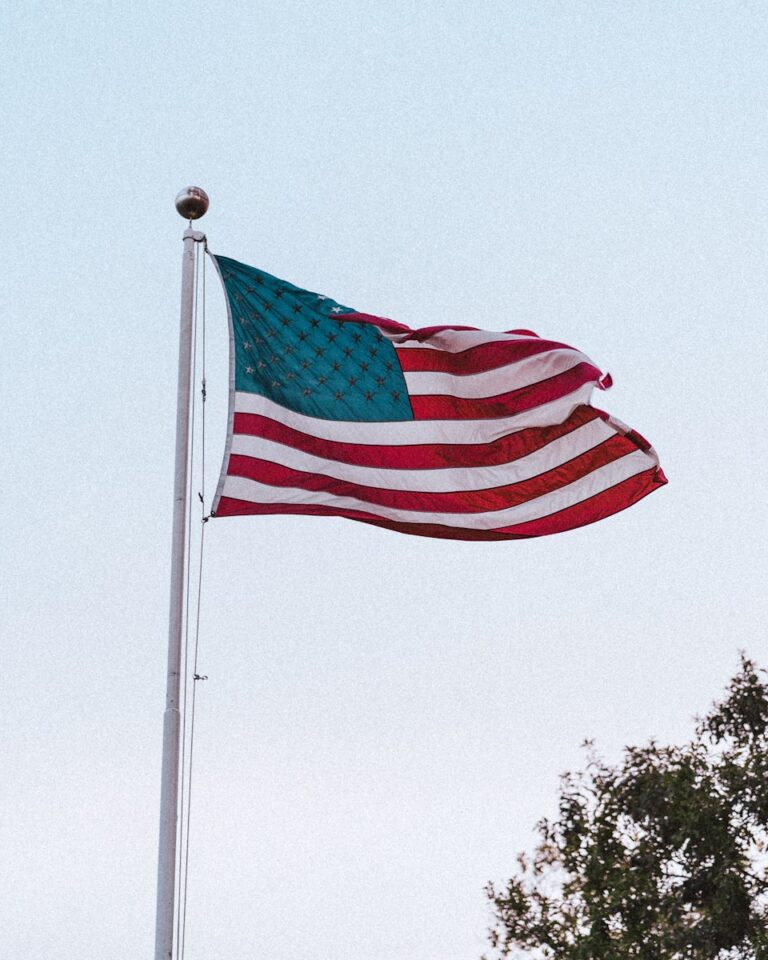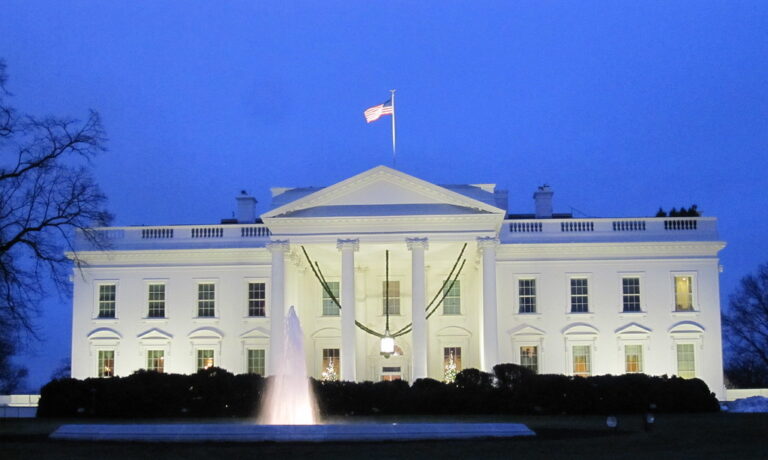Key Takeaways:
- Senator Thom Tillis says the timing is wrong for a new White House ballroom during a shutdown.
- The project will cost $200 million, funded by private donations, say officials.
- Photos show parts of the East Wing already being torn down.
- The White House insists updates are routine and critics are overreacting.
New White House Ballroom Sparks Debate
President Donald Trump’s plan for a grand new White House ballroom has drawn sharp criticism from at least one fellow Republican. Senator Thom Tillis of North Carolina called the timing “bad” amid a government shutdown. He says America has bigger issues to fix before a luxury building project.
The administration states the $200 million cost will be covered by private donors. Moreover, it says no tax dollars will foot the bill. However, that has not stopped the row over the lavish new space. The planned ballroom will be bigger than the original White House itself.
Senator Tillis Calls the Timing Bad for White House Ballroom
In an interview with HuffPost, Tillis said he respects the need to modernize the White House. However, he stressed that right now the nation faces urgent challenges. “We’re in the middle of a shutdown,” he noted. “We have other priorities to focus on before building a ballroom.”
Tillis, who will retire next year, has grown more vocal in his criticism of the Trump administration. Some believe he speaks more freely now that he faces no primary challenge. His blunt comments show even some Republicans doubt the project’s sense or timing.
East Wing Work Reveals True Scope of White House Ballroom Plan
White House spokespeople have said the new White House ballroom will not alter the historic original residence. Yet recent images show heavy machinery tearing down parts of the East Wing. The photos highlight steel beams sitting near rubble and workers in hard hats.
The demolition has alarmed preservationists who fear this signals deeper changes ahead. Even if the main mansion stays intact, the scale of support structures could reshape the East Wing’s character. Critics argue that once construction begins, it often does not stop at simple upgrades.
White House Dismisses Critics of the Ballroom
Communications Director Steven Cheung fired back at those raising alarms. He claimed that updating the East Wing is common practice. “Construction has always been part of the White House evolution,” Cheung said. He added that critics should end their “pearl clutching” and accept modern needs.
Cheung’s tone struck many as unusually confrontational. Reporters have called him puerile for dismissing serious concerns about historic preservation and fiscal responsibility. Meanwhile, Cheung insists the project will bring the White House into the twenty-first century.
Why the Lavish Ballroom Stirs Controversy
There are several reasons why the ballroom plan sparks such debate:
• Cost and Funding Confusion
Although officials say private donors will fully fund the project, skeptics doubt they will cover every potential expense. Historical restorations often run over budget, and taxpayers sometimes end up paying the difference.
• Historic Preservation
The White House is more than a residence. It is a symbol of American history. Any major change risks altering the building’s legacy. Preservation groups fear the new ballroom could set a precedent for further structural shifts.
• Political Timing
A government shutdown leaves many federal workers furloughed or unpaid. Building a $200 million entertainment venue at this moment seems tone-deaf to some. Critics say leaders should fix pressing issues first.
• Partisan Lines
While most Democrats oppose the project, it is telling that at least one Republican does, too. Senator Tillis’s remarks highlight doubts within Trump’s own party. His stance suggests growing cracks over spending priorities.
Balancing Tradition and Modern Needs
The White House has seen many renovations over its two-hundred-year history. From installing electricity to adding underground offices, updates have been vital. Proponents argue the new White House ballroom will provide modern security, tech, and event spaces.
However, the question remains: Where should the line be drawn? Should every update be treated the same way? Or does a full-scale ballroom deserve extra scrutiny? These are the debates unfolding in corridors of power and halls of preservation societies alike.
Senator Tillis’s Moving Target
Tillis’s evolving position shows the political stakes. As a senator facing retirement, he feels less pressure from party leaders. In recent months, he has voiced concerns on several Trump initiatives. Some see this as a prelude to a possible run for higher office or a role as an independent voice.
By challenging the White House ballroom plan, Tillis taps into voter frustrations over government spending. He also aligns with preservation advocates uneasy about altering the grounds. His comments underscore that support for the president can be conditional, even within his own party.
What Happens Next?
Construction crews continue work on the East Wing. Officials maintain that the demolition is part of routine upgrades. They promise the full plan for the major ballroom addition will be shared soon. In the meantime, lawmakers like Tillis will keep up the pressure.
Should the shutdown drag on, more voices may join in criticizing the effort. If the project moves forward smoothly, it could become a symbol of Trump’s bold approach to change. Either way, the debate over the new White House ballroom is far from over.
FAQs
What did Senator Tillis say about the new White House ballroom?
He said the timing is bad because the government is in a shutdown. He thinks other issues deserve focus before a luxury building project.
How will the White House ballroom be funded?
The administration claims private donors will cover the entire $200 million cost, so no taxpayer money is needed.
What evidence suggests the East Wing is being altered?
Recent photos show parts of the East Wing already demolished. Rubble and steel beams have been spotted where walls once stood.
Why do critics care about preserving the White House?
The White House is a historic symbol. Major changes could damage its character and set a precedent for future renovations.
When might the new ballroom be completed?
Officials have not given a final date yet. They say more details will come as construction moves along.


